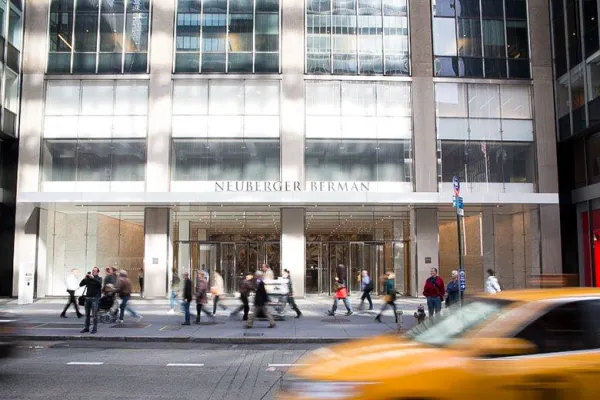Very few hedge funds are offering investors fee discounts during the coronavirus pandemic, according to a new survey by Seward & Kissel.
The law firm, which polled alternative investment firms about the impacts of Covid-19 on fundraising and remote work, found that less than 10 percent had granted investor-friendly concessions on fees, liquidity, or reporting terms. Roughly three-quarters of respondents managed hedge funds, while the rest ran closed-end vehicles such as private equity or real estate funds.
Steve Nadel, partner at Seward & Kissel, suggested that managers may be “more reticent” to grant concessions given how quickly markets have bounced back. High demand for opportunistic strategies may also contribute to why managers don’t currently feel the need to lure investors with discounts and other perks.
“With opportunistic structures, because they are bespoke and because they are limited capacity, it evens the playing field in favor of managers, because demand for a particular product is often going to exceed supply,” he said.
The law firm’s survey found that larger firms especially have experienced increased demand from investors since the start of the pandemic. Among alternative managers with between $5 billion and $20 billion in assets, 70 percent said demand had risen for their existing opportunistic funds. Forty-percent reported higher demand for new opportunistic strategies.
Firms with more than $20 billion in assets saw a smaller increase in demand for existing strategies, but 43 percent reported higher demand for new opportunistic funds.
Smaller funds were the least likely to report a rise in demand for any of their strategies. Still, 32 percent of firms managing between $1 billion and $5 billion cited higher demand for their flagship strategies, as did about a third of sub-$500 million funds.
[II Deep Dive: Hedge Funds Still Winning the Fee Battle With Investors]
“You have these big allocators that have huge dossiers on all these mega managers,” Nadel said. “They’ve met with them a dozen times or more, so there isn’t a lot of due diligence to be done.”
The current difficulty of conducting due diligence, given the lack of travel and in-person meetings, may be another reason why firms aren’t offering investors deals right now, according to Nadel. “It’s just hard to even get in front of investors to even negotiate with them,” he said. “You can’t grant concessions if there aren’t investors to grant concessions to.”
While fees have not been much impacted by Covid-19, other aspects of the alternatives business are likely to change as a result of the pandemic, according to the survey.
For example, 72 percent of respondents expected their firms to change their work-from-home policies — policies that 47 percent didn’t have in place before the coronavirus outbreak. Forty percent predicted their firms would consider hiring remote operations, accounting, and IT staff in the wake of the pandemic, while 34 percent envisioned their firms hiring remote investment professionals.
Working in the office will also be different, according to the survey. Sixty-nine percent of respondents believed the overall setup and layouts of their workplaces would have to change. Few, however, thought offices would shrink as a result of increased remote work — except in New York City, where 28 percent of respondents thought their firms would reduce their office space.
“All this remote working — I think it’s going to change where you source employees and how you compensate them,” Nadel said. “It’s going to change the workforce.”







